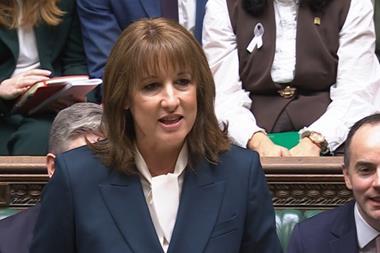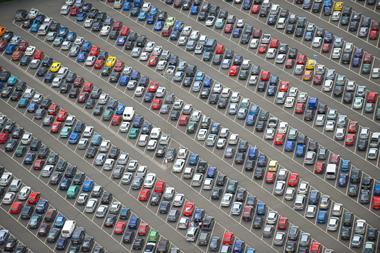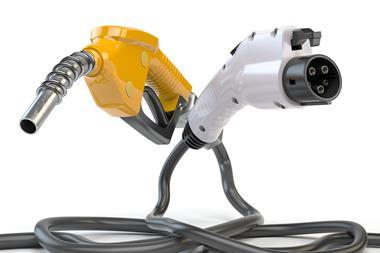
New laws requiring the introduction of E10 petrol at filling stations in Northern Ireland, bringing it in line with the rest of the UK, came into operation on November 1.
However, to minimise the impact of the requirements on small businesses, the E10 petrol requirement only applies to filling stations with an annual fuel throughput of more than 1mlpa.
Transport minister Trudy Harrison set the process in motion in May through a written statement to the House of Commons announcing amendments to the Motor Fuel (Composition and Content) Regulations 1999.
She explained: “Following the successful introduction of E10 in Great Britain in September 2021, this subsequent amendment will bring the ethanol content of standard grade petrol in Northern Ireland in line with rest of the UK. The regulations also ensure the ongoing availability of E5 petrol (petrol with 5% or less ethanol) for those with vehicles and equipment unsuitable for use with E10.”
She said increasing the renewable ethanol content to up to 10% (E10) can reduce the CO2 emissions from a petrol vehicle by the equivalent of around 2% per mile travelled. This, combined with increases to overall renewable fuel targets could cut overall transport CO2 emissions by a further 750,000 tonnes a year, the equivalent of taking around 350,000 cars off the road.
Explanatory notes released by the Department for Transport said: “The E10 requirement comes into force on 1 November 2022. This date has been chosen following discussion with industry and considering the experience when E10 was introduced in GB.
“In GB, the move to E10 happened on 1 September 2021, the same date as the switch to the winter specification. While suppliers were able to manage this change in both ethanol blending and vapour pressure, they highlighted that some separation would be significantly simpler to ensure fuel quality is maintained at lowest additional cost.”
UKPIA welcomed the roll out. Elizabeth de Jong, UKPIA chief executive officer, said: “UKPIA is clear that transport will need low carbon fuels if the UK is to meet its Net Zero target by 2050 and today’s change is an important step in the UK’s broader energy transition journey.
“Petrol and diesel engines will continue to be a large part of the vehicle fleet, as will hybrids, beyond the 2030 phase out of new combustion engine vehicle sales which are not zero emission at the tailpipe.
“E10 can reduce emissions of such vehicles and deliver greenhouse gas savings early. This move will also support the development of low carbon fuels that will be required over the longer-term for aviation and heavy goods vehicles.”

































No comments yet